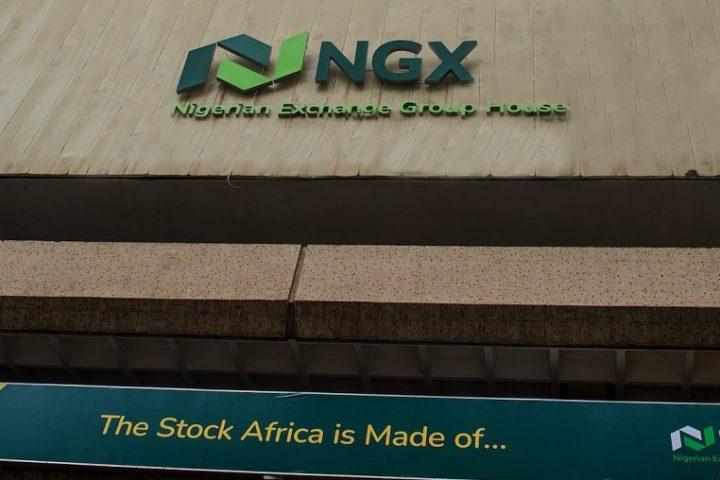In a revelation by Meristem, some major consumer goods companies in Nigeria such as Cadbury, Guinness Nigeria, and Nestle, suffered a combined loss of N472.3 billion due to the depreciation of the Naira during the first nine months of 2023.
The report outlined the detrimental impact of high inflation rates on production costs within the consumer goods sector, especially affecting food and beverage manufacturers.
Join our WhatsApp ChannelThe weakened Naira led to higher import bills for companies reliant on imported raw materials, increasing production costs. This either forced companies to absorb the expenses or pass them on to consumers through elevated prices.
READ ALSO: Bank Stocks’ Surge Raises NGX’s All-Share Index By 2.11%, As Equities Rise By N900bn
Commenting on the situation, Associate Professor Olusegun Vincent from Pan-Atlantic University, Lagos, emphasized the detrimental effects of foreign currency-denominated commitments made by these companies.
He highlighted the need for hedging against currency devaluation, suggesting strategies such as investing in foreign currencies and minimizing foreign debts.
Vincent further explained, “Many companies are bound to experience loss because there is exposure when you have some of your debt denominated in foreign currency. By accounting standards and practices, the fair value of such transactions has gone up.”
The report underscored the broader macroeconomic challenges affecting Nigeria’s consumer goods sector, including foreign exchange shortages, Naira devaluation, reduced consumer purchasing power due to inflationary pressures, and rising commodity costs.
Despite anticipations of increased revenue during the festive season, concerns persist over the industry’s profitability in the face of ongoing inflation, Naira depreciation, and foreign exchange liquidity challenges.
The report projected that companies might engage in restructuring, acquisitions, and expansions to sustain profitability amid these harsh market conditions in 2024.
The struggles with rising costs and substantial FX losses have prompted consumer goods companies to consider adapting their product categories to meet evolving consumer needs while striving to remain competitive.
This revelation comes after a previous report indicated that top Nigerian firms collectively lost N960.18 billion in the second quarter of 2023 due to the new forex policy, showcasing the severity of the currency devaluation’s impact on businesses across various sectors.
Emmanuel Ochayi is a journalist. He is a graduate of the University of Lagos, School of first choice and the nations pride. Emmanuel is keen on exploring writing angles in different areas, including Business, climate change, politics, Education, and others.

















Follow Us